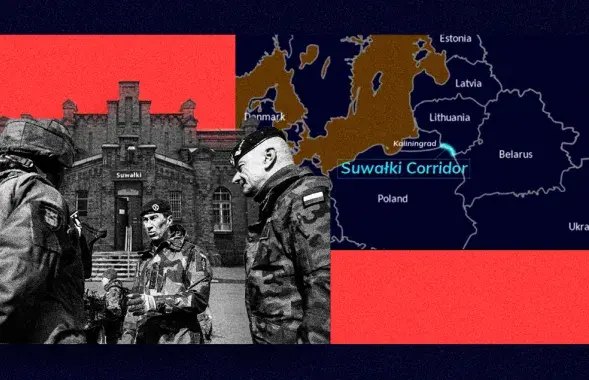Fyaduta: Belarus to stay itself in a new cold war between Russia and West
Time magazine published an article by US political commentator Zbigniew Brzezinski who served the US President’s National Security Advisor in 1977-1981. In his article, Brzezinski looks at the possible consequences of the conflict between Russia and Georgia for the global politics. He concludes among other things that “Putin and his entourage in the Kremlin do not accept the realities of the post-Soviet world”, “the stakes in the game are high. As a result, the independence of post-Soviet countries is under threat”. Brzezinski describes this situation as “a new cold war”. The European Radio for Belarus asked Belarusian commentator Alexander Fyaduta about what role Belarus might play in this situation.
ERB: In your opinion, what side will Belarus support in this conflict?
F: As usual, it will support itself.
ERB: Could Belarus act as a mediator between the West and Russia?
F: No, it could not. In order to become a mediator, one needs to have the both sides agree to that. Excuse me, but who is Belarus?
ERB: Could Belarus use this conflict for its own interests? Perhaps, we could improve relations with Europe or get more advantages in economic relations with Russia?
F: We will achieve something. What exactly it will be decided by the Russian leadership. This question should be addressed to them, not me.
ERB: What is the principle difference between the situation today and the “cold war” in the last century?
F: The difference is that the both sides are disappointed by the attempted thawing. Russia hoped that if it sat at a negotiation table with the West, it could remain a superpower. The West hoped that the Russian elites could still be taught the rules of behavior. The both sides know now that it is impossible. This will affect both the political and economic relations.
ERB: In his article, Brzezinski drew parallels with the invasion of Czechoslovakia in 1968. Can such a situation be repeated? And where could Russian tanks move to?
F: Russia sent tanks to the country which Russia believed in 1968 was in the zone of its political responsibility. Russia sent tanks to a socialist country in accordance with international agreements. Now I don’t know under which agreements Russia moved tanks on the territory of Tskhinvali.
ERB: Yesterday, one of Russian commentators told the European Radio for Belarus that if Ukraine decided to withdraw from the CIS, Russia could claim not only the Crimea and Sevastopol but also the Kharkov and Donetsk regions. How would you comment on this?
F: This is absurd. Russia will never want a third world war. Ukraine today is the largest country in Europe. Naturally, it will not allow to be treated like Georgia. Whether Russia wants it or not, but all the former Soviet republics that refused from the nuclear weapons – Ukraine, Belarus and Kazakhstan – have agreements with the West: if a third country threatens the sovereignty, independence and security of these countries, 4 nations will have to take certain steps to eliminate this threat. If Russia wants Ukraine to ask a military help from the United States, I think that US will accept this request at this time.
ERB: Who is interested in this “cold war”?
F: Cold war is always to the advantage of those who sell weapons. Everyone knows that Russia and US are world’s largest weapon sellers.
Photo: www.neonomad.kz



















